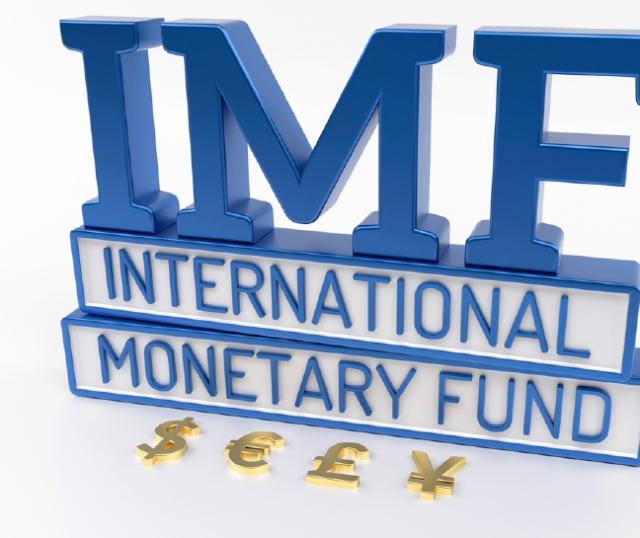IMF Urges Asian Nations to Reduce Non-Tariff Barriers and Deepen Regional Trade Integration
Author
NEPSE TRADING

The International Monetary Fund (IMF) on Friday urged Asian countries to reduce non-tariff barriers and enhance regional trade integration, saying it would help cushion the region from the effects of U.S. tariffs and global financial shocks.
According to the IMF’s Regional Economic Outlook for Asia, the region’s economic growth remains heavily trade-dependent, with China serving as a key supply-chain hub for global manufacturing. However, ongoing U.S.–China trade tensions and American tariff policies, especially under former President Donald Trump, have raised risks for Asian exporters.
The report notes that trade disputes with the U.S. and increased investment in artificial intelligence (AI) have spurred growth in intra-Asian trade. The IMF recommends further regional trade integration through the reduction of non-tariff barriers—steps that could help diversify export markets, lower costs, and mitigate customs-related shocks.
The IMF also emphasizes the need for structural reforms in the services sector, ensuring efficient and well-directed investments, and adopting policies to offset the impact of aging populations. Such reforms, it says, would boost medium-term growth potential and bring greater balance to regional economies.
IMF Asia-Pacific Department Director Krishna Srinivasan told Reuters that deeper regional integration could provide Asia with a “protective shield” against external shocks. He highlighted that about 60% of Asia’s total exports are traded within the region, mainly in intermediate goods, while only 30% of finished goods trade remains within Asia—underscoring the region’s dependence on U.S. and European markets.
The report further suggests that Asia could benefit from a broader regional trade agreement, similar to the European Union’s model, as many existing bilateral agreements have created duplicated rules and inconsistent standards.
The IMF notes that non-tariff barriers, which increased during the COVID-19 pandemic, still persist widely across Asia. Reducing these barriers could significantly boost trade efficiency, cut export costs, and enhance resilience to global trade shocks.
According to Srinivasan, some countries have voluntarily reduced such barriers as part of ongoing trade talks with the U.S.—a trend the IMF views positively. If Asia deepens trade integration, the IMF estimates that regional GDP could rise by 1.4% overall and by up to 4% in Southeast Asian economies.
The IMF projects that Asia’s economy will grow by 4.5% in 2025, slightly lower than 4.6% in 2024, but 0.6% higher than its April forecast—largely due to a surge in exports ahead of new U.S. tariffs. Growth is expected to slow to 4.1% in 2026 amid trade tensions, weaker demand from China, and reduced private consumption in emerging markets.


